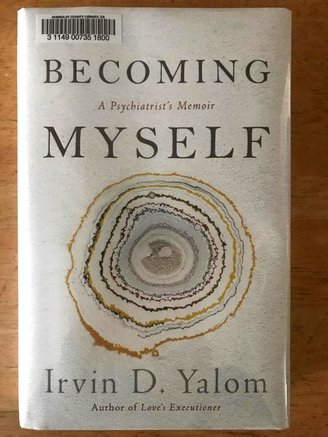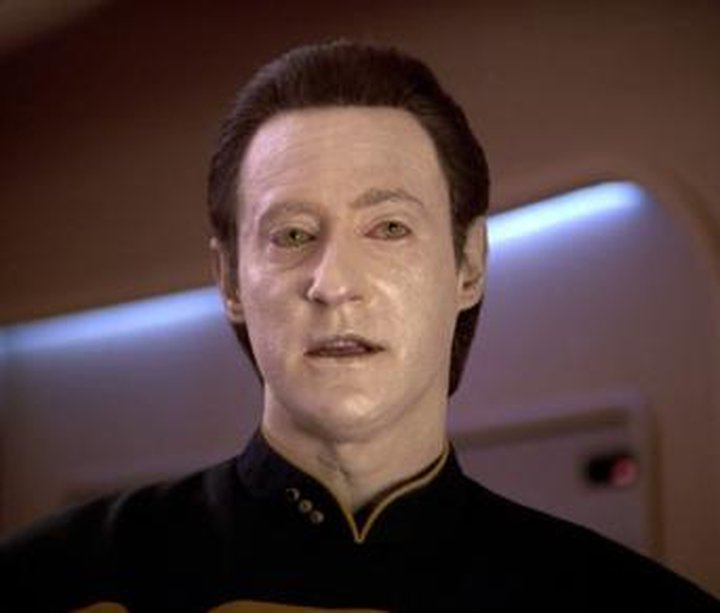“.. when
I enter most intimately into what I call myself…I can never catch
myself at any time without a perception, and can never observe
anything but the perception.”
– David Hume, Scottish philosopher (1711-1776)
###
The phrase, “authentic self” or its clones, seems to be a motif of the time in which we live. Countless books and magazine articles, podcasts and the like, entreat us to stop living the lie and to embrace our pure inner core “self.” The idea is, of course, that we’re normally acting out our “constructed selves”: putting on our “public self,” or “family self,” or “work self,” wearing these multiple inauthenticities like shrouds. Buried underneath these personae is the mother lode, the true, honest-to-god real McCoy self, the noble inner core that computers—as in artificial intelligence—can never possess.
[Aside: Allen Ginsburg spoke to my wife’s creative writing class at Tulane in 1971. After his talk, she asked him if his sense of himself was different when giving such a talk then when he was at home. “No, I’m always the same person wherever I am!” She didn’t believe him, then or now.]

What my wife is currently reading. Along with (in Spanish!) Michelle Obama’s “Becoming.”
I don’t buy any of this “inner self” stuff. Here’s how a recent exchange went with “freespirit” on a blog site where I sometimes lurk, brought out of the shadows by freespirit’s essentially dualistic POV: we have immaterial souls distinct from our flesh-and-bones bodies. BS, I said (but nicely). We don’t have souls, what you see is what you get, adding that I was a black box to myself, and probably to those around me.
Freespirit responded, “But doesn’t this line of thinking call into question the very existence of the actual self that I am experiencing at this moment?” “I certainly hope so!” I replied. “I’ve spent more hours (we’re talking thousands!) looking for “myself’ during meditation and dyad exercises (let’s not get into psychedelics) working with Ramana Maharshi’s core question Who am I? Thus far: nobody home. The insight that goes by such mystical names as “enlightenment” and “satori” is often conceptualized by the word “emptiness”—the conviction that there is no self. (So who gets to be convinced?!)
Freespirit continued: “If there is no self inside me, no conscious will that makes decisions, then what am I but a bunch of particles of matter which just happened to be collected in this spot? And if that’s true, what differentiates this bunch of particles from the air surrounding what I call my arm, or the object I call a computer?”
Well, for one thing, the ability to ask that question! I’m a materialist—I do believe all life on earth consists of particles of matter (read: atoms of carbon, hydrogen, nitrogen, oxygen, phosphorous, sulfur = CHNOPS, the shorthand used by scientists to home in on “life”) being assembled in such a way to create alive, and—in our case self-aware—beings. Philosopher John McCrone succinctly puts materialism this way: “If the question is What is consciousness? the first step is to say it is a brain phenomenon. Only brains are known to do it. This closes off a lot of the more spooky possibilities.”

TNG’s Data (Lo-res, fair use)
As to what differentiates you from a computer: this is Star Trek’s Data question. If you build a computer that seems to be conscious, acts as if it’s conscious, and says it’s conscious, is it conscious?
One approach is to suppose that neurosurgery has advanced to the state where individual neurons can be replaced with artificial ones. Imagine neurosurgeons of the future physically replacing, one by one, the damaged neurons of a woman with Alzheimer’s, say. After the surgery, the patient says she’s feeling great, she’s fixed! Could you, in theory, do this indefinitely? That is, could you replace all of her neurons with artificial ones and still have a self-aware being? I would say, “Well of course!” Especially if the patient with the now-synthetic brain insists that she is perfectly self-aware, and is, in fact, the same person she was before—and everyone who ever knew her agrees?
Which seems to me an unassailable argument for fully conscious artificial intelligence. And poof! There went that mythical authentic self.
CLICK TO MANAGE